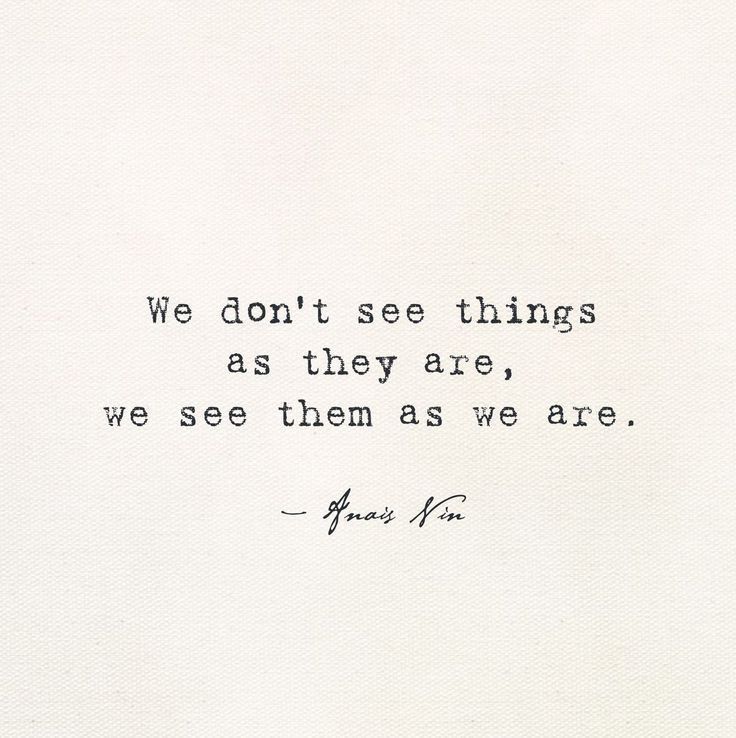menu

Self-Awareness in Recovery
category 4
category 3
category 2
category 1
blog
categories
book your 1:1 call
connect with me
I utilize my own shared recovery experience to provide compassionate recovery care and empower clients to a life of health and wellness.
a Certified Eating Disorder Recovery Coach based in Dallas, Texas.
i'm merrit elizabeth
Looking for information on bulimia specifically?
visit the conquering bulimia blog
Self-awareness in recovery is the key to changing your relationship with your body
It is the ability to know your self by becoming in tune with your bodily sensations, thoughts, feelings, and reactions. Self-awareness ultimately brings the ability to dampen triggers, regulate emotions, reframe thoughts, shift mindsets, and change self-destructive behaviors. Self-awareness in recovery brings self-empowerment.

“I am so used to feeling exhausted, stressed and hungry that I don’t even know if that’s normal for everyone or just me.”
It’s not just you—millions of people struggling with eating disorders have numbed their minds from hearing the messages sent by our bodies. Our mind has the unique ability to “disconnect” during a time of acute stress like with trauma. During the prolonged stress of an eating disorder however, our mind can no longer hold a complete “disconnect.” The stress is physically and emotionally painful, so we use coping mechanisms like bingeing, purging, restricting, over-exercising, abusing substances or even engaging in self-harm behaviors to numb the messages from our bodies. We begin to lose our ability to hear the suffering, making it very difficult to reconnect in order to nourish and heal.
How can you improve your self-awareness in order to reconnect with your body sensations and emotions?…
Feel. Everything. Learning to reconnect with your body by tuning into its signals of hunger, thirst, pain, fatigue, or nausea requires stillness and practice. Trust in yourself that you can handle the sensations.
Morning Body Scan
As you wake up, spend one minute doing a mental body scan. While still in bed, start with your toes and move slowly up to your head. Focus your attention on the physical sensations. Your mind may try to wander, but gently remind yourself to return to the body. If there is judgement, hold there and breathe through it. It is just a fleeting thought. It is not truth. If you feel it, then express gratitude for the body part. More on body-scans here!
Mealtime Hunger Check-In
Prior to snacks and meals, note the way your body is telling you it is hungry or dehydrated. Does your stomach hurt? Do you have a headache or feel tired? Are you fearful of a food? Are you ravenous? How does your body feel after you eat? What thoughts come up with fullness?
Gentle Movement
When you start to reconnect with your body’s cues, gentle slow movement like yoga without mirrors and walking offer better opportunities for listening. Note how your body feels prior to starting. Feel the contrasting push/pull stretch of each movement. Listen to your breath. Honor any signal of fatigue. How does your body feel after? Do you feel pain, relaxation, satisfaction, exhaustion?
Heart-centered Meditation
This is your time to connect and listen to your heart. In any posture, with your eyes closed and your hand over your heart, begin to focus attention on the heart. Feel yourself breathe through the heart. Maybe you visualize a bright light streaming into your heart. For just two minutes, thank your heart for never stopping. Your heart-brain is a powerful electromagnetic miracle that serves you. It is capable of sending signals throughout the body which trigger complex chemical messages to alter your state of mind and being. How does your heart rate feel in the beginning versus afterward? Do your thoughts slow down? Is any tension diminished?
Give yourself the freedom to feel everything, so that you may begin to know and nourish your body. Self-awareness is the first step to offering yourself the compassion and the nourishment you deserve. Try incorporating these four mindfulness techniques into your day and begin to feel the shift toward reconnecting with your body. Self-awareness in recovery is crucial.
If you need more support on your eating disorder recovery journey, I would be honored to work with you. Please contact me here for 1:1 private eating disorder recovery coaching.

Merrit Elizabeth is an Eating Disorder Recovery Coach certified by The Carolyn Costin Institute. She holds a master’s degree in Health Promotion Management and has years of experience working with women with eating disorders.
Leave a Reply Cancel reply
next post
previous post
browse categories
read or leave a comment +